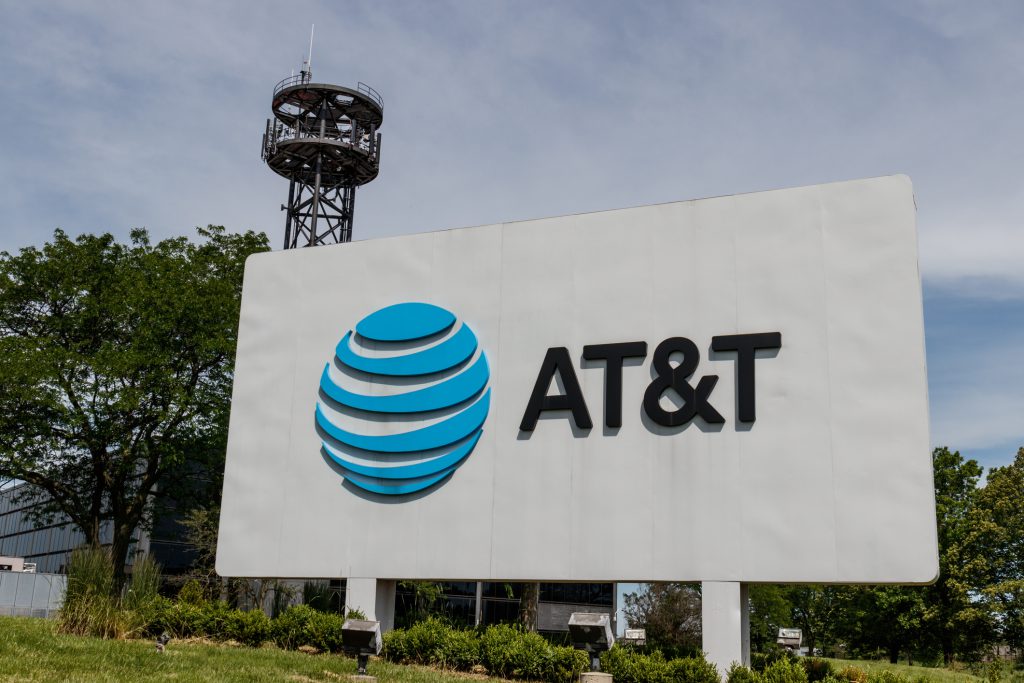On Tuesday, Network Apps filed a complaint against various AT&T entities in the Southern District of New York for breach of contract and patent infringement regarding the plaintiffs’ Twinning Solution, which enables phone calls placed to a single phone number to be received, answered or made on multiple devices. For example, a phone call placed to a mobile phone that is not near a user can be answered on a smartwatch that the user is wearing.
According to the complaint, the “parties had a relationship.” Network Apps claimed that “AT&T knew of Plaintiffs’ expertise and existing product platform. AT&T sought out Plaintiffs to solve this very problem – how do we sync up a customer’s smart devices so that they respond to a phone call placed to a single phone number?” As a result, Network Apps stated that in 2014 the parties entered into nondisclosure, development and licensing agreements under which AT&T allegedly agreed that the plaintiffs would “own all the intellectual property rights associated with the technology,” which the plaintiffs “would license, extend, and make available.” Additionally, AT&T agreed to pay the plaintiffs “a royalty of $1 per user per month, plus certain maintenance fees,” according to the plaintiffs. The plaintiffs asserted that they worked for many hours on a viable “Twinning Solution.”
Network Apps contended that AT&T realized: “(i) the market for tablets and smartwatches was exploding; (ii) the royalty AT&T had agreed to pay (the plaintiffs) would cost AT&T a fortune; and (iii) AT&T would not even own the technology.” As a result, AT&T purportedly tried to persuade the plaintiffs to reduce the royalty rate and to transfer the technology ownership to AT&T, which the plaintiffs refused. After which, AT&T left the agreement one year later in favor of its own service called NumberSync, which the plaintiffs averred “uses the same concept and architecture as Plaintiffs’ ‘Twinning Solution’ and the purported ‘inventors’ of AT&T’s solution are the very AT&T personnel who liaised with Plaintiffs, while they developed their ‘Twinning Solution.” Consequently, the plaintiffs proffered that AT&T is selling the plaintiffs’ solution to its customers with “cosmetic changes,” such as a different name; thus, AT&T has allegedly violated the plaintiffs’ patent rights and failed to pay royalties.
The counts against AT&T are breach of contract, patent infringement, and correction of inventorship.
Network Apps has sought to declaratory judgment in its favor; an award for damages, which the plaintiff claimed that with AT&T’s more than 170 million subscribers and its failure to pay royalties since October 2015, could be more than $450 million, according to the plaintiff; treble damages; pre and post judgment interest; an award for ongoing royalties; an award for costs and fees; an injunction; an order declaring the plaintiffs the true inventors; and other relief.
Network Apps is represented by Browne George Ross O’Brien Annaguey & Ellis LLP and Cadwell Clonts & Reeder LLP.
